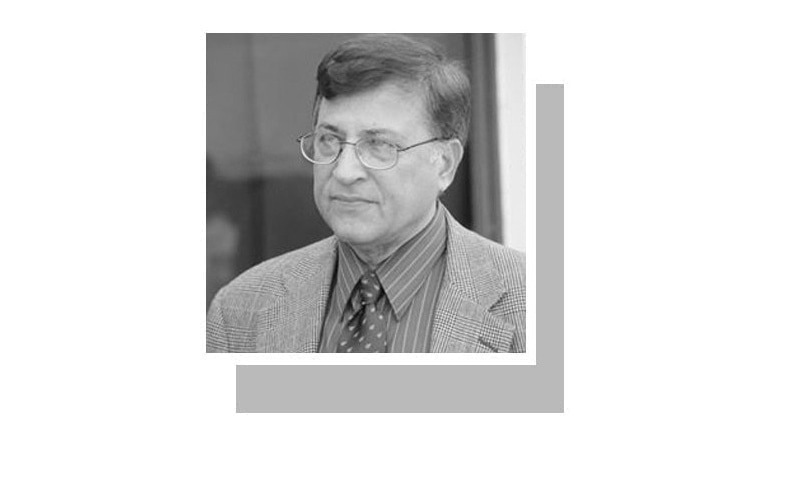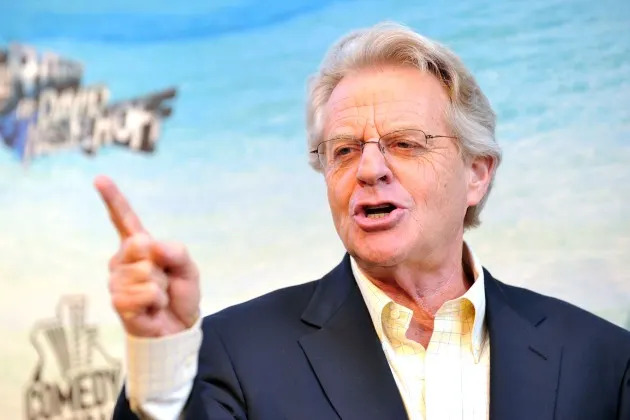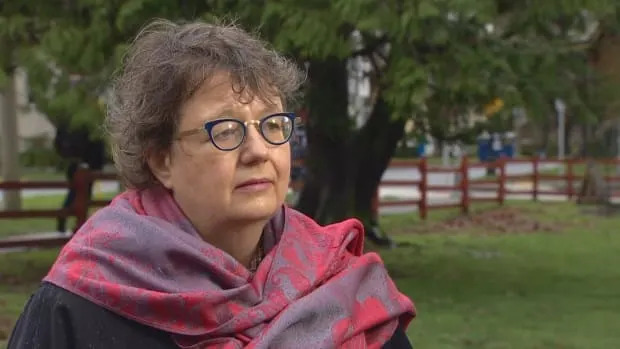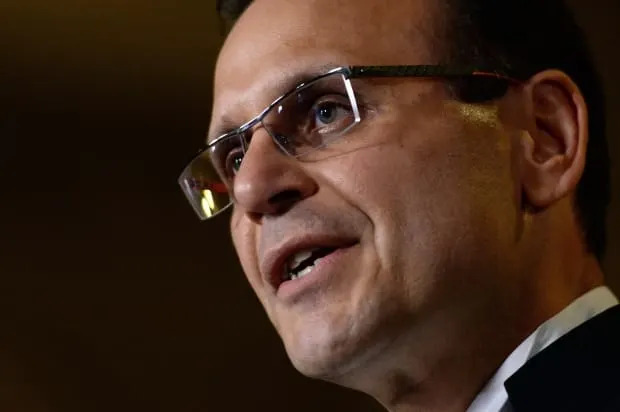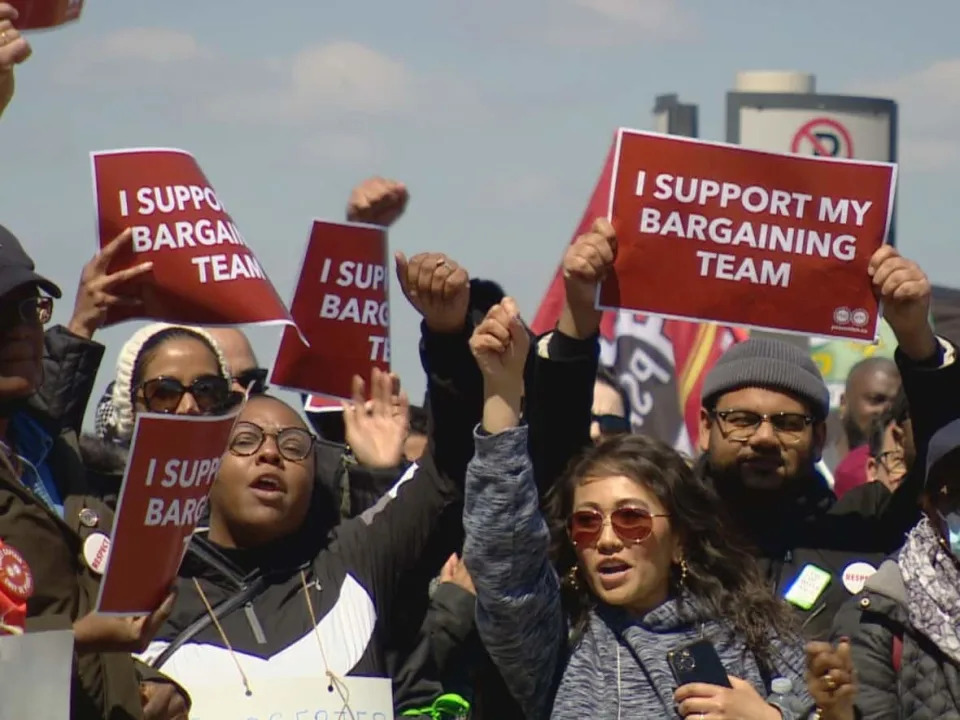HISTORY: THE BIRTH OF THE PAKISTAN ARMY
Dr Muhammad Ali Shaikh
 Muslim soldiers of the erstwhile British Indian Army, who were assigned to the Pakistan Army in the wake of the division | Writer’s collection
Muslim soldiers of the erstwhile British Indian Army, who were assigned to the Pakistan Army in the wake of the division | Writer’s collection
"There are armies which guard their nation’s borders, there are armies which are concerned with protecting their own position in society, and there are armies which defend a cause or an idea. The Pakistan Army does all three,” writes Stephen P. Cohen in his article, Pakistan: Army, Society and Security.
Though presently ranked as the ‘seventh most powerful army in the world’ by the Military Strength Rankings 2023, the Pakistan Army had an extremely humble beginning. The very idea of the creation of a Pakistan Army went through sheer opposition from both British colonial rulers as well as the native army officers.
Once the idea was accepted, its implementation too witnessed a series of obstacles. Still, the will of the concerned people made it possible to surmount all those impediments and give birth to an army that was destined to attain world ranking. This article recounts the roots, challenges and the genesis of the Pakistan Army during its formative phase.

Field Marshal Gen Claude Auchinleck, the last Commander-in-Chief of the British Indian Army, supervised the creation of two separate armies for India and Pakistan as the Supreme Commander of both the armies
BRITISH INDIAN ARMY ROOTS
The roots of Pakistan’s army are in the British Indian Army (BIA). Three hallmarks of the BIA were unity and discipline in the rank and file, the highest degrees of professional competence acquired through the world class training, and unwavering respect for the chain of command.
The British had developed the Indian army as a ‘monolith’ unit in an otherwise highly fragmented Indian society. They did it by creating an isolated and controlled environment of cantonments.
“The British Indian cantonments or military camps were self-contained units with everything the army needed: shops, housing, barracks and even brothels,” writes Shuja Nawaz in his book Crossed Swords. This saved the soldiers from unsavoury influences of divisions based on caste and creed.
Pakistan’s army faced a number of obstacles at the time of its coming into being. Unlike the Indian Army, which inherited the lion’s share of infrastructure and resources from the pre-existing British Indian Army, the Pakistan Army often had to contend with sabotage as well
The Indian soldiers, on their part, proved to be a great asset for the British empire during both the world wars. In the Second World War, the British mobilised around 2.5 million Indian soldiers to fight on their side at various fronts all over the world, with a significantly large number of soldiers hailing from the regions comprising present-day Pakistan.
After the end of the six-year long Second World War, an economically weakened Britain agreed to grant “self-government” to India by June 30, 1948. Subsequently, the date was advanced to August 15, 1947, when the two “dominions” of Pakistan and India were to attain “autonomy and sovereignty.” Nevertheless, the British desired to retain the command of the joint army in the aftermath of the partition, “like jealous parents, reluctant to let go of the reins of power,” remarks Nawaz.
BRITISH RELUCTANCE
Emotionally and intellectually still engrossed in their past rivalry with Russia and the Soviet Union and fearing inroads of communism and Soviet influence in South Asia, the British ardently advocated a joint army for Pakistan and India, under their command. However, there were not many takers for their position among both sides of the Indian political leadership.
In that situation, the British at least wanted to delay the handing over of commands for a couple of years. In his brief, the British Commander-in-Chief, Field Marshal Sir Claude Auchinleck told Viceroy Lord Mountbatten that it would take “from five to 10 years to satisfactorily divide the Indian Army” quotes Ishtiaq Ahmed in his book Pakistan: The Garrison State.
Auchinleck was not alone in his aversion to the bifurcation of the Indian army into Pakistani and Indian parts. Mountbatten’s chief of staff, Lord Hastings Ismay, went to convince the Quaid-i-Azam Mohammad Ali Jinnah to favour the idea of the British retaining the joint command and control structure. But Jinnah remained unmoved.
According to Ahmed in The Transfer of Power 1942-47, Liaquat Ali Khan conveyed a message to the viceroy in unequivocal terms: “He [Liaquat Ali Khan] and Mr Jinnah were resolved that they would not take over the reins of government in Pakistan unless they had an army on the spot, and under their control.”
In the final outcome, it was agreed by all that most of the division of army would take place before the partition but that it would continue till the completion of the transfer of assets. Till that time, the administrative control of both the armies would remain with a joint headquarters under command of the British commander-in-chief, who would be designated as the Supreme Commander of both the armies. It was also decided that British officers would be retained in both the armies till the division was complete.

Governor General Quaid-i-Azam Mohammad Ali Jinnah at the Pakistan Army’s Presentation of Colours Ceremony, in February 1948 | Courtesy: UK’s National Army Museum
DISSENT WITHIN THE RANKS
Initially, many native officers too were against the division of the British Indian Army. For instance, the senior-most native officer, KM Cariappa, who later rose to the position of the Indian army chief in 1949, told Lord Ismay that the Indian army “should take over power” after the British left.
In response, Ismay told him that, “[the] proposal was not only wholly impractical, but highly dangerous, and that, throughout history, the rule of the army had always proved tyrannical and incompetent and that the army must always be servants and not masters,” Nawaz quotes from the letter Ismay wrote to Mountbatten.
Chaudhry Muhammad Ali, who served as India’s finance secretary, also recalled a similar conversation in his book The Emergence of Pakistan, when Cariappa and a Muslim army officer approached him voicing their disagreement with the military’s division plans. Instead, they favoured a jointly controlled army, arguing that, “It was better for the army to take charge of both the dominions than be divided.”
Perhaps the most notable opponent of the army’s division from present-day Pakistan was Agha Mohammad Yahya Khan, then a major who later rose to be Pakistan’s army chief and president.
At the “break-up” party organised at the Staff College Quetta, where Khan served then, he asked his senior, Col SD Verma: “Sir, what are we celebrating? This should be a day of mourning. As a united country we could have been a strong and powerful nation. Now, we will be fighting one another.”
However, political events overpowered these sentiments and the division of the army became certain. In the closing days of the partition, Hindu and Sikh army officers arranged a farewell in Delhi in honour of their departing Muslim colleagues. Gen Cariappa, on behalf of the hosts, presented a silver trophy to the departing colleagues.
In his speech, he expressed his sentiments, saying, “We shall meet each other frequently as the best of friends and in the same spirit of good comradeship that we have had the good fortune to enjoy all these years.”
Just three days later, four Muslim officers, who had attended that farewell, were killed along with their families by Sikh rioters on their way to Pakistan.
DIVISION BLUES
One of the most hotly debated issues among the political and military leadership of British India then was Pakistan’s share in the combined military assets of the BIA. Auchinleck suggested that the division of assets might take place “either on the present Muslim and non-Muslim ratio in the armed forces or in proportion to the total population of Pakistan areas as compared to Hindustan.”
This was further elaborated by Mountbatten in his report, published on August 1, 1947.
He wrote: “I should explain that we have been working on the basis of communal proportions in dividing the fighting services, the smaller partner by far being, of course, Pakistan. In the case of the Army this was the obvious method of dividing the actual soldiers…, and it worked out at a rough proportion of 70:30. In the case of the Navy it worked out at about 60:40, but as India have a far bigger coastline with more harbours and a far greater proportion of the trade to guard, the actual ships were divided in the proportion of 70:30.”
Elucidating the situation in the case of the air force, he wrote: “When it came to the Air, the communal proportions worked out at 80:20. As there were ten squadrons to divide (2 transport and 8 fighters) the India representatives claimed 8… [but the] “Committee recommended that on the analogy of the naval partition, the proportions should be 70:30, since Pakistan had the North-West Frontier to guard.”
Under the division formulae, it was decided that the Muslim soldiers domiciled in the areas constituting Pakistan would become part of the Pakistan Army, while all the non-Muslim soldiers domiciled in the rest of India would become part of the Indian Army. In the case of Muslims from India, or non-Muslims from Pakistan, they were given the option to serve in either state, subject to the opted state’s concurrence. Deviation from this principle was to result in the soldier’s discharge from service.
Pakistan was the most disadvantaged in the case of fixed military assets, such as training institutes, military production factories and facilities, as well as workshops. For instance, out of 46 training institutes, only seven came in Pakistan’s share.
In the case of repair and maintenance workshops, the three most important ones, dealing with armoured fighting vehicles, radars and crystal-cutting were located in India. In the case of ordnance factories, Pakistan got only three from a total of 17 while, in the case of ordnance depots, Pakistan got only five smaller ones, as all the major ones were located in India.
Then, while India inherited a fully functional army General Headquarters (GHQ) in Delhi, Pakistan had to transform the erstwhile headquarters of BIA’s northern command in Rawalpindi into its GHQ. It was very disadvantageous, as Pakistan’s political capital Karachi and its military capital Rawalpindi were separated by a long distance, while India had both these power centres located in Delhi, facilitating decision-making.
SABOTAGE AND SUBTERFUGE
As most of the moveable assets of the BIA, such as arms, ammunition, transport and equipment were stored in the facilities located in India, it required Pakistan’s share to be transported to it. But every move in that direction on the part of the British authorities was vehemently opposed by the Indians, compelling Auchinleck to complain of their “intolerable” behaviour, wrongly desiring the British officers to “do down Pakistan at all costs during the partition of the armed forces.”
With the passage of time, the situation only worsened, prompting Auchinleck to write another note on September 28, 1947 stating: “I have no hesitation whatever in affirming that the present Indian cabinet are implacably determined to do all in their power to prevent the establishment of the dominion of Pakistan on a firm basis.”
Elaborating further, he wrote: “Since 15th August... the situation has steadily deteriorated and the Indian leaders, cabinet ministers, civil officials and others have persistently tried to obstruct the work of the partition of the armed forces.”
After the dispute arose on Kashmir, India cast off even the semblance of fair play in honouring the division of BIA assets. In this regard, Indian army officer (later Lt Gen) S.P.P. Thorat wrote in his autobiography, From Reveille to Retreat, that as “We were sending trainloads... to Pakistan, each one of us was painfully conscious that we were indirectly helping Pakistan to kill our own men.”
Thorat admitted that he tried his best to convince the British high command to stop or at least slow down the supply to Pakistan, but in vain. He then approached Deputy Prime Minister Sardar Patel who advised him not to be “too prompt in doing your duty.”
“From then onwards, there was a sharp decline in the quantities of arms and ammunition sent to Pakistan, but a corresponding increase in innocuous items to make up the tonnage,” Nawaz quotes Thorat.
Attaining the Character
All these difficulties notwithstanding, the Pakistan Army formally came into being in August 1947 with British Gen Frank Messervy taking over as the first army chief. In due course of time, the Army selected the number 786 as its identity, which numerically represented the Quran’s opening verse. This number was “emblazoned on all gate posts and vehicles, as a reminder that this was the army of a Muslim country,” notes Nawaz.
Since then, there has been no looking back. Building upon the legacy of the BIA in the areas of discipline, professional competence and chain of command, and adding to them the element of faith, its earliest leadership, having the experience of fighting two world wars, led the Pakistan Army from strength to strength.
It proverbially rose from the ashes to claim its position in the world’s top-ranked armies, giving the nation a force it could be proud of.
The writer is a Sindh-based author and academic. He has served as vice-chancellor of Sindh Madressatul Islam University, Karachi.


 Muslim soldiers of the erstwhile British Indian Army, who were assigned to the Pakistan Army in the wake of the division | Writer’s collection
Muslim soldiers of the erstwhile British Indian Army, who were assigned to the Pakistan Army in the wake of the division | Writer’s collection

